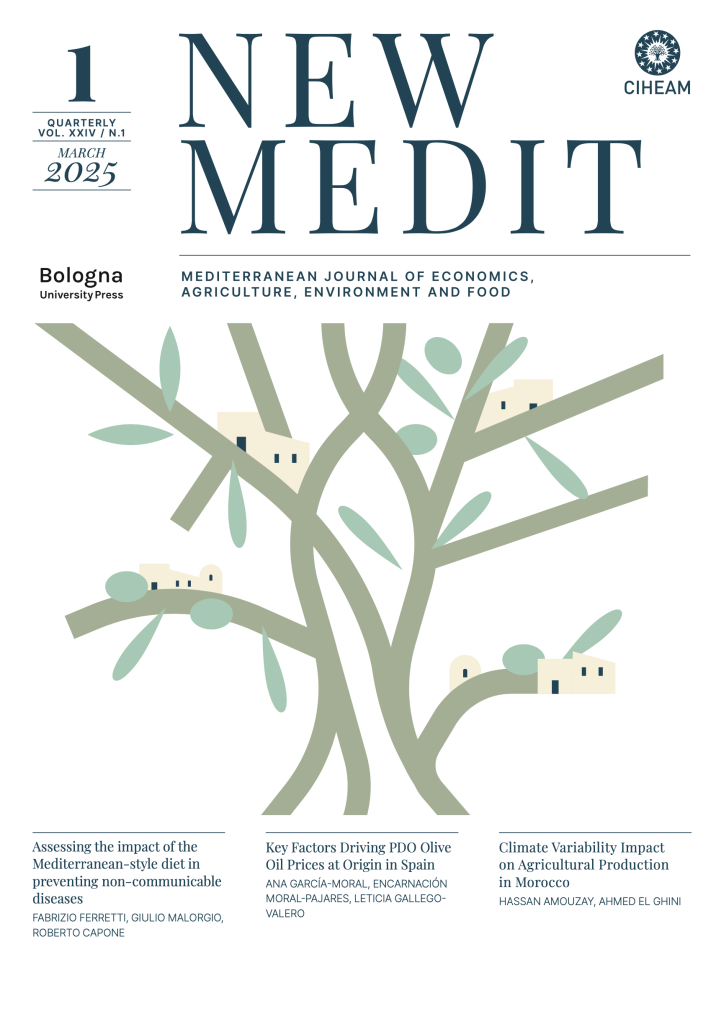Abstract
This paper examines irrigation management within the Tunisian Water Users Association (WUA),in Nadhour public irrigated area (central of Tunisia). The functioning of 14 WUAs was evaluated based on questionnaires and related interviews. The methodology of this study consists of two main steps; (i) an estimation of technical efficiency scores of 90 smallholder farmers and the sub-vector of WUE (Water Use efficiency) using the non-parametric DEA model, (ii) a regression of a Tobit model to test the hypothesis regarding explanatory variables of differentiated technical efficiency scores. The investigation shows an average technical efficiency of 70.8% and WUE of 64.8%. It highlighted the Water turn, the infrastructure state, the water supply shortage, corruption, and free-riding behaviors as tightly correlated factors with farm’s productivity. This suggests that there is potential to improve production efficiency by implementing targeted programs and rules for inefficient farmers. The findings of this study show that it is important to fight corruption in the water sector by an increased government oversight, reform of regulations, and increased accountability











